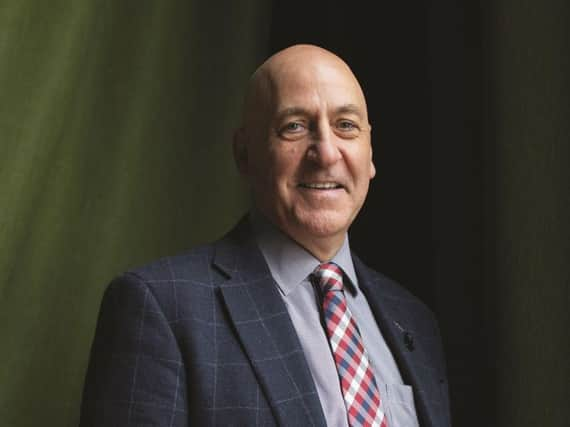How sport trains our leaders of tomorrow - Craig Mahoney


We at the University of the West of Scotland (UWS) firmly believe that there is a strong link between attainment and wellbeing – and successfully fostering that intrinsic relationship is a process that must start at grassroots level. An onus must be placed on forward-thinking institutions to sow those seeds of change and provide a supportive platform for transformation.
I’m proud to say that, since we took the Scottish sector-leading step of introducing free memberships for UWS students at our gyms last year, uptake has grown significantly. We have seen a 318 per cent increase in gym attendance at our Lanarkshire campus alone.
Advertisement
Hide AdAdvertisement
Hide AdA student impact survey confirmed just how effective this had been, with 98 per cent of respondents reporting a positive impact on their physical and mental wellbeing.
It’s a clear statement of investment in our students, underlining our ultimate goal of helping them be the best versions of themselves. It also serves as a meaningful tribute to the nine past and present students of the university who took part in the 2018 Commonwealth Games as part of Team Scotland.
On a personal level, as a former professional squash player and a sports psychologist, I continue to urge students to participate in sport and physical activity to realise the wide benefits it can bring and most importantly, encourage them to enjoy an inclusive university experience that lays the foundations for future success.
Data clearly indicates that, when students successfully balance study with staying active, they perform better, enjoy improved wellbeing and, ultimately, become more employable.
Then there are the perhaps less tangible effects – becoming a team player while developing transferable skills for the world of work such as greater confidence – all of which help to underline that sense of overall wellbeing.
Ensuring that more students have access to the endless opportunities sport and physical activity offer is a vision UWS is extremely passionate about. This makes a marked contribution to our culture of aiming to positively impact student experience – and it remains important to us that barriers to entry are removed.
When physical activity becomes a student habit, I firmly believe that we will be engendering positive habits for a lifetime – the hallmark of long-term employability, not to mention a major boost to the nation’s economy.
Developing an environment where a habit of physical activity is of equal importance as application in the lecture theatre must be considered a key factor in unlocking the full potential of our future leaders.
- Craig Mahoney, UWS principal and vice-chancellor and chair elect of British Universities and Colleges Sport
